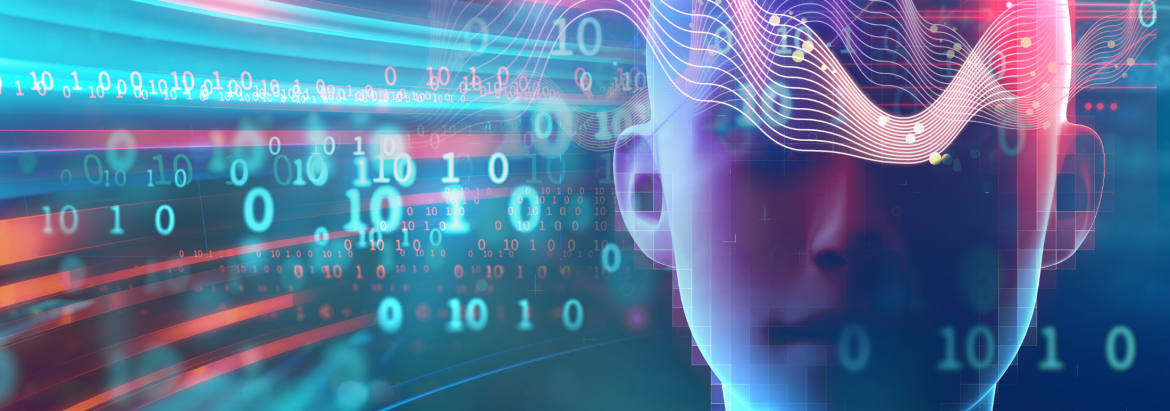
Ethical Concerns With AI/ML – Some Myths vs. Facts


Artificial Intelligence and Machine Learning (AI/ML) are technologies that are starting to have a significant impact on humanity. With voice-enabled devices, ride-sharing apps, smart email suggestions, and more, AI and ML have significantly enhanced the quality of our lives. These technologies are expected to lead to disruptive innovation in all spheres.
However, many believe that AI and ML pose a significant threat to humans. A similar school of thought advocates that these technologies should be used in a controlled manner and monitored closely, else they could take over mankind. Let’s look at some common myths and the facts behind them.
People believe that AI can breach an individual’s privacy. As AI uses techniques like face recognition, fingerprint identification, etc. to identify a human being, it may pose a threat to our privacy. This is one of the most critical issues related to AI. The “right to be left alone” and “right to privacy” are our fundamental rights. Most of us have our worries about leaving a data trail after surfing the internet, as it is vulnerable to attack and can be manipulated. All of us know that the major part of business for Amazon, Google, Microsoft, Apple, Facebook, and other such companies is data collection and data supply. Since surveillance is the latest business model of data-tech companies, AI can be a threat when we talk of privacy
The National Security Telecommunication Advisory Committees (NSTAC) reports privacy as a crucial component and advocate that technological advancements should consider privacy assurance as a priority. Following actions are taken to minimize privacy challenges:
AI can be effectively used to tamper with content – like for ex: creating false images, videos, text. It can be difficult to distinguish between a true image and an AI-generated image. As bots can work 24/7 and are capable of generating a large amount of data in a very short period, fake news can be generated and made viral in no time. Content may have heavily altered facts, causing personal or business harm, and may even interfere with government policies.
The government and other regulatory organizations are enforcing strict controls over AI-enabled content creation. Companies consider fake content as malicious & a cybersecurity concern and respond accordingly. Most organizations have updated their cybersecurity systems making them less vulnerable to any false content.
AI applications can raise challenges in the healthcare industry. Balancing the privacy of patients with safety is crucial, as many patients may be reluctant to share certain categories of data like genetic information or family history. AI health apps are used for data collection through wearable sensors. These apps raise questions for bioethics and user consent. Moreover, patients feel that they aren’t getting as much one-on-one attention from clinicians when they are given AI-enabled treatments. The increase in the use of robots across healthcare organizations can cause a patient to feel uncomfortable in getting treatment from AI-based machines. They feel that only a clinician can provide personalized treatment and emotional support.
AI algorithms assess patient information from previous medical records to help medical practitioners explore treatment options. AI developers are ensuring the safety and confidence of patients with:
Consent from the patient before such data is captured/used
Moreover, there is Roboethics, a new concept in the medical industry, where the machine is supervised by trained medical staff. There is supervised and unsupervised use of AI, and when it comes to patients, it is almost always supervised. So patients can relax with the knowledge that AI is only used to aid clinicians and improve quality of care, and will never be allowed to provide unsupervised treatments for patients.
The question of whether the use of AI is ethical or not is too generic, and also very subjective. Looking at it objectively, we can confidently state that AI technologies can bring dramatic innovation if used for the right use cases and with the right supervision. We see the positive impact of AI on our daily lives – many times even without realizing it – Google maps, smartphones, online digital assistants, voice-enabled home devices, to name a few.
The integration of AI raises the question, “Should we adapt to a world that is more digital than human?” Yes, absolutely – but with the right balance. While AI/ML can enable humans to achieve things they never thought possible, it is best that AI systems stay within the bounds of human control.
Please complete the form details and a customer success representative will reach out to you shortly to schedule the demo. Thanks for your interest in ZIF!